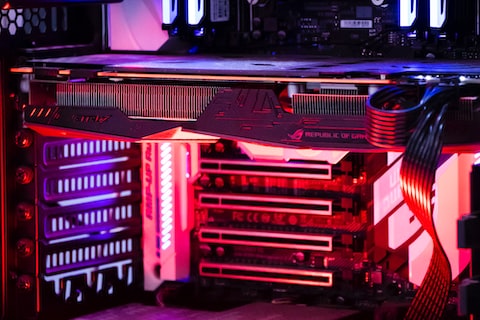The cultural impact of gaming is undeniable. From virtual worlds to multiplayer online games, the experience of gaming has transformed the way we interact, communicate, and build communities. This article explores the profound influence of gaming on individuals and how it shapes identities and communities.
Gaming and Personal Identity
Gaming has become an avenue for self-expression and exploration. Through customizable avatars and character creation tools, gamers can create virtual representations of themselves, allowing them to shape and redefine their identities. The immersive experiences offered by games enable individuals to experiment with different personas, empowering them to discover new aspects of their personality.
Gaming Communities and Social Bonds
One of the most significant impacts of gaming is the formation of communities. Online multiplayer games provide platforms for individuals with shared interests to connect and form social bonds. These communities transcend geographical boundaries and cultural differences, uniting gamers from all walks of life. Whether it’s through co-op missions, guilds, or online forums, gaming communities foster a sense of belonging and create lasting relationships.
The Role of Gaming in Cultural Exchange
Gaming has become a global phenomenon, influencing cultures and promoting cultural exchange. Players from different countries and backgrounds come together in virtual worlds, exchanging ideas, customs, and language. This cross-cultural interaction broadens perspectives, breaks down stereotypes, and promotes understanding and appreciation of diversity.
Gaming as a Tool for Education and Creativity
Besides entertainment, gaming has proven to be a valuable tool for education and creativity. Educational games teach critical thinking, problem-solving, and strategic planning skills. Game design tools allow individuals to create their own games, fostering creativity and innovation. Gaming has the potential to revolutionize learning and provide a unique platform for self-expression.
Gaming and Health Benefits
Research has shown that gaming can have positive effects on mental health and well-being. Engaging in challenging games can improve cognitive abilities, enhance memory, and develop problem-solving skills. Cooperative games encourage teamwork and collaboration, promoting social skills and reducing feelings of isolation.
In conclusion, gaming has far-reaching cultural impacts that go beyond mere entertainment. It plays a significant role in shaping individual identities and fostering communities. As the gaming industry continues to evolve, we can expect further exploration of its cultural influence and the emergence of new possibilities.

